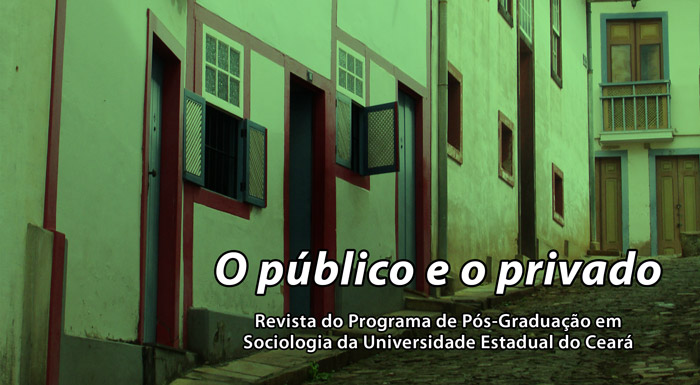National Social Assistance System’s (SUAS) and social participation:
devolution and social control are the answer?
Abstract
This article aims to assess the experience the social control of the National Social Assistance System’s (SUAS), in the Novo Hamburgo city, Rio Grande do Sul state. Our theoretical framework that incorporates the concepts of societal public administration (DE PAULA, 2003, 2005) and undercitizenship (SOUZA, 2003, 2012), bent on the empirical case of the SUAS local, try to explain the scenario of low social participation in the State. Our working hypothesis suggests that social participation carries historical traces marked sometimes by the invisibility of social inequality, either by naturalization living conditions of the subject, allowing for a ‘cidadania ralé’. The methodology used was quantitative, probabilistic type Survey research, they were applied 63 questionnaires with closed questions to users of SUAS in the Novo Hamburgo city.











